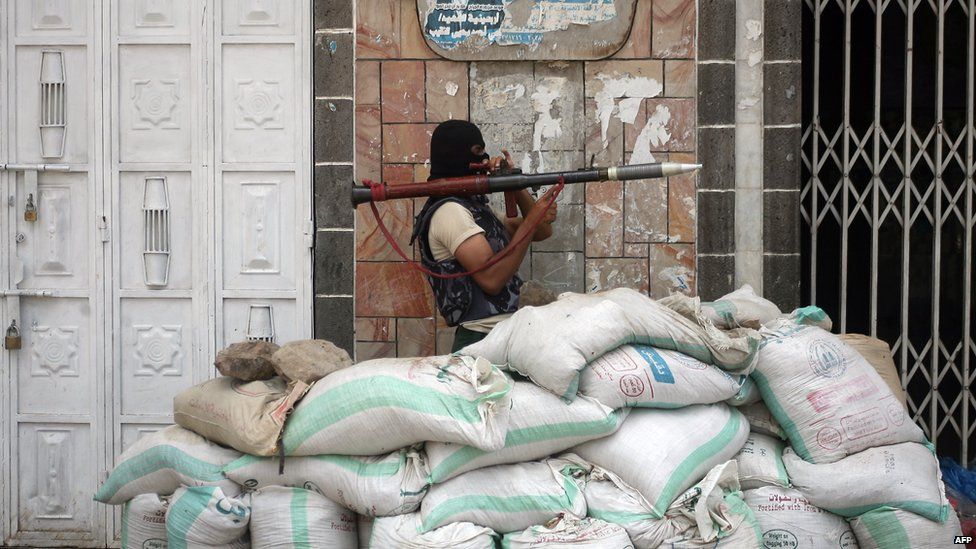-
Tips for becoming a good boxer - November 6, 2020
-
7 expert tips for making your hens night a memorable one - November 6, 2020
-
5 reasons to host your Christmas party on a cruise boat - November 6, 2020
-
What to do when you’re charged with a crime - November 6, 2020
-
Should you get one or multiple dogs? Here’s all you need to know - November 3, 2020
-
A Guide: How to Build Your Very Own Magic Mirror - February 14, 2019
-
Our Top Inspirational Baseball Stars - November 24, 2018
-
Five Tech Tools That Will Help You Turn Your Blog into a Business - November 24, 2018
-
How to Indulge on Vacation without Expanding Your Waist - November 9, 2018
-
5 Strategies for Businesses to Appeal to Today’s Increasingly Mobile-Crazed Customers - November 9, 2018
Yemen rebels ‘free 1,200 prisoners as loyalists seize jail’
More than 1,000 prisoners, including al-Qaida suspects, escaped from a jail during clashes between the Shiite Houthi group and pro-government fighters in Yemen’s southern province of Taiz on Tuesday night, local officials and witnesses said.
Advertisement
It is not clear how the prisoners escaped.
However, another official told the Reuters news agency that the inmates had fled amid heavy clashes between warring militias.
Officials sought to blame the Yemeni military forces loyal to ex- President Saleh for the prison break in Taiz, saying that amid heavy fighting and as the AQAP forces approached, they “opened the prison doors” and withdrew from the area. But three months of air strikes have yet to push back the group.
Another group of al Qaeda militants escaped from a prison in the eastern city of Mukalla in April after army forces suddenly quit the city.
According to the BBC, this makes the third such prison break since late March, when a Saudi-led coalition began conducting airstrikes against the Houthis in order to restore deposed President Abdu Rabu Mansour Hadi.
Advertisement
United Nations Under-Secretary-General for Humanitarian Affairs Stephen O’Brien warned of a “looming humanitarian catastrophe”, with at least 11.7 million people affected by the conflict. Millions of families no longer have access to clean water, proper sanitation or basic health care.





























